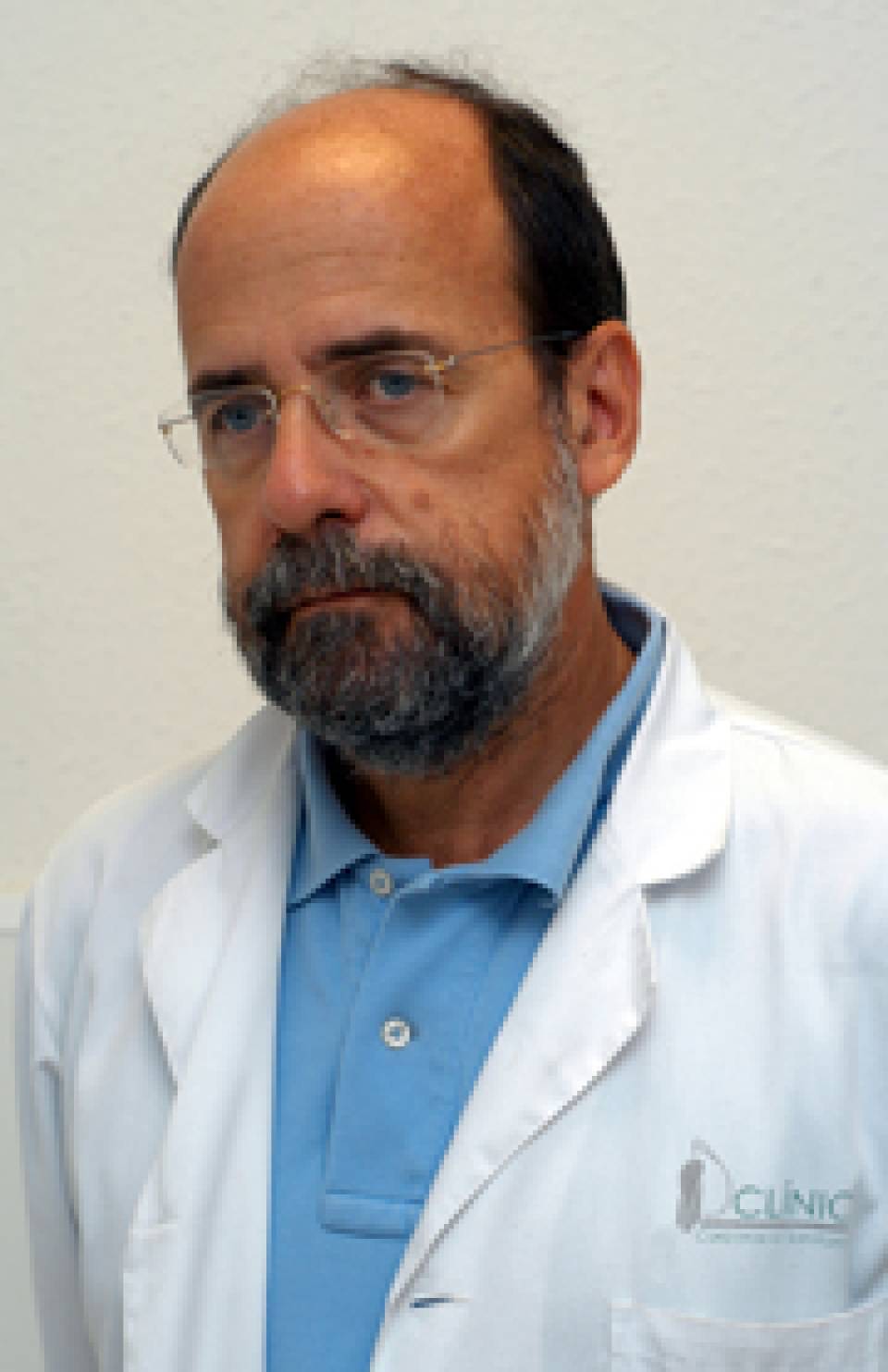In her speech, Carmen Vela congratulated the Spanish research teams who have made the study and highlighted the social, economic and scientific impact that this may have in the future. "It means invaluable knowledge for national health systems, as well as being advantageous for certain economic sectors and society as a whole," she added. Vela recalled that the Strategic Health Action managed by the ISCIII sums about 550 million euros.
Dr. Ramon Estruch noted that the study "has created a world-wide known brand. Not only is it the largest clinical trial ever made in our country, but it has created a database that will be an essential tool for nutrition research in Spain for at least the next twenty years. Its relevance has crossed borders and has attracted considerable interest around the world."
PREDIMED
The study is the largest randomized clinical trial conducted in Spain and one of the largest in the world. Led by ISCIII, it has been funded through two initiatives of public research: the CIBER of Physiopathology of Obesity and Nutrition (CIBERobn) and a network with the name of the study. In total, the Spanish government invested over 6.8 million euros.
In addition to this grant by the ISCIII, PREDIMED has also received financial support from the Centro Nacional de Investigaciones Cardiovasculares, Fundación Mapfre 2010, Consejería de Salud de la Junta de Andalucía, departamento de Salud Pública del Departament de Salut de Catalunya, Generalitat Valenciana and Gobierno de Navarra..
PREDIMED stands for research "Effects of the Mediterranean diet on the primary prevention of cardiovascular disease", in Spanish. The work has studied a long-term nutritional intervention with Mediterranean diet in order to assess its effectiveness in primary prevention of cardiovascular disease.
To do this, it was necessary to develop a large randomized clinical trial of dietary intervention in people at high cardiovascular risk. The main aim was to 'determine whether the Mediterranean diet supplemented with extra virgin olive oil or nuts prevents - compared with a diet low in fats - the onset of cardiovascular disease: cardiovascular death, myocardial infarction and / or stroke. The main conclusion was that the Mediterranean diet supplemented with extra virgin olive oil or nuts, is able to reduce by 30% the risk of myocardial infarction, stroke or cardiovascular death.
To support this conclusion, for ten years 19 scientific groups in Andalusia, the Balearic Islands, Catalonia, Navarra, Basque Country and Valencia collected over 20 million indicators from 7447 asymptomatic people at high cardiovascular risk. The age of participants was comprised between 55 and 80 years and the mean follow-up was 5 years, with quarterly individual or group counseling sessions.
Cardiovascular disease is the most common cause of death in the world in the XXI century. Occidental countries keep having very high cardiovascular mortality rates, however, in Mediterranean countries including Spain incidence of coronary disease is surprisingly low.
The importance of the Mediterranean Diet is recognized worldwide for first-order institutions. Thus, UNESCO in 2010 named it "Intangible Cultural Heritage of Humanity".
Reference:
Ramón Estruch, M.D., Ph.D., Emilio Ros, M.D., Ph.D., Jordi Salas-Salvadó, M.D., Ph.D., Maria-Isabel Covas, D.Pharm., Ph.D., Dolores Corella, D.Pharm., Ph.D., Fernando Arós, M.D., Ph.D., Enrique Gómez-Gracia, M.D., Ph.D., Valentina Ruiz-Gutiérrez, Ph.D., Miquel Fiol, M.D., Ph.D., José Lapetra, M.D., Ph.D., Rosa Maria Lamuela-Raventos, D.Pharm., Ph.D., Lluís Serra-Majem, M.D., Ph.D., Xavier Pintó, M.D., Ph.D., Josep Basora, M.D., Ph.D., Miguel Angel Muñoz, M.D., Ph.D., José V. Sorlí, M.D., Ph.D., José Alfredo Martínez, D.Pharm, M.D., Ph.D., and Miguel Angel Martínez-González, M.D., Ph.D. for the PREDIMED Study Investigators. Primary Prevention of Cardiovascular Disease with a Mediterranean Diet. The New England Journal of Medicine. February 25, 2013DOI: 10.1056/NEJMoa1200303

